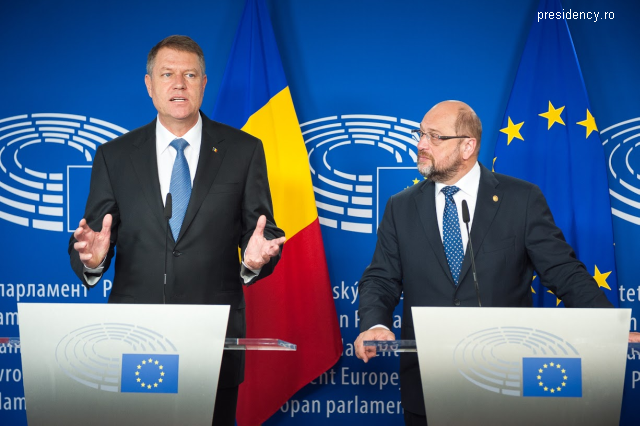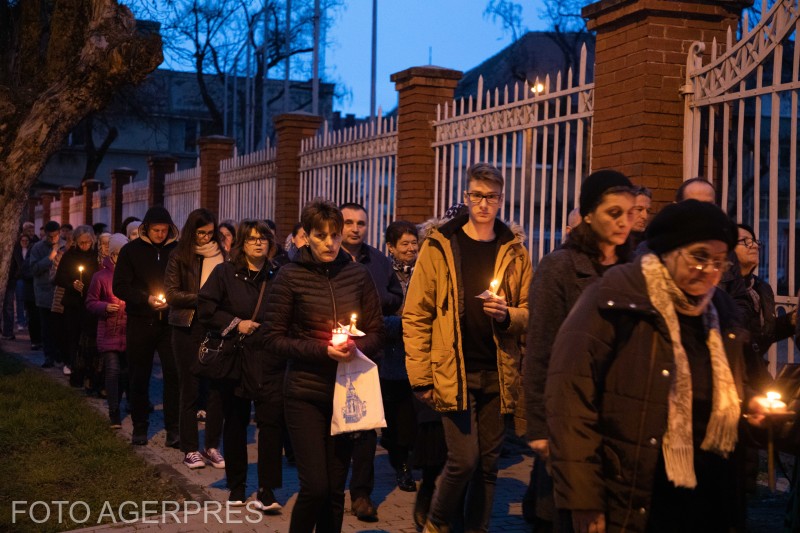High-level European Decisions
The European Union has reached an agreement with Turkey on the refugee crisis.

Roxana Vasile, 16.10.2015, 14:01
The European Union continues to search for solutions to manage the refugee crisis, the worst since the end of World War II. On Thursday, at the end of a meeting of member state leaders in Brussels, the European Commission announced it reached an agreement on a joint action plan with Syria’s neighbour, Turkey, currently the gateway into Europe for hundreds of thousands of refugees.
In short, Ankara agreed to receive more migrants, to give them better education and employment prospects, to strengthen its border monitoring and, together with Europe, to fight human trafficking networks. On the other hand, the European Union undertook to provide financial support to Turkey, which asks for 3 billion euros, an amount still subject to negotiation.
Ankara has long been seeking EU membership, and although it has been a candidate country since 1999, it stands slim chances to get in, because of the open reluctance of member states like France and Germany. With only 14 out of the 35 negotiation chapters opened so far, and only one closed, the negotiation process appears to be stuck. But now Turkey has an opportunity to prove its solidarity not only with neighbouring Syria, more than 2 million of whose citizens are currently on Turkish territory, but also with the Europeans, who promise in exchange to speed up negotiations on a simplified visa procedure for the Turkish citizens who want to travel to Europe.
Meanwhile in Brussels, the EU member states agreed to work together to strengthen external borders and the mission of the European Agency for the Management of Operational Cooperation at the External Borders of the Member States of the European Union, Frontex, which will also be permitted to send back illegal migrants. Ever since the start of the refugee crisis, many EU politicians have been talking about the need to reform the European free movement area.
For Romania, not being part of the Schengen area yet has been an advantage, as president Klaus Iohannis himself put it. But this does not mean, according to him, that joining Schengen is no longer a priority for the country. The same opinion, Iohannis says, is shared by the head of the European Parliament, Martin Schultz, who said, during the talks that the two officials had in Brussels on Thursday, that Schengen is worth keeping and that Romania belongs in the free movement area. As regards the migration issue, the president of Romania and the EP official agreed that a comprehensive, rather than a segmented approach, is needed, and that in order to tackle the issue at its source, Europe must work together with the countries that the refugees are fleeing.






























